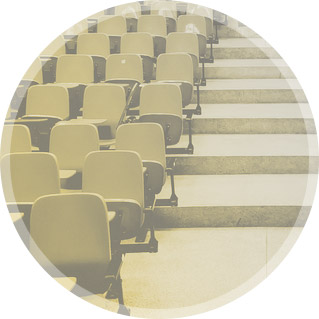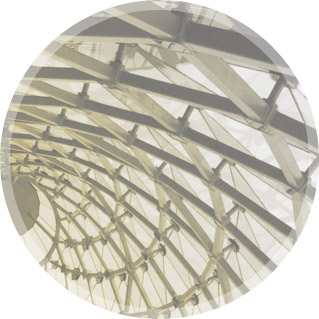University of British Columbia
School of Architecture and Landscape Architecture
The Master of Architecture program at UBC is constructed to allow students with undergraduate degrees in unrelated subject areas to fulfill the expectations of a professional degree in three and a half years. Those admitted with significant accomplishment in related design disciplines are granted advanced standing in the program up to one year of credit.
http://www.sala.ubc.ca
Setting
The University of British Columbia is publicly supported, comprehensive university comprised of twelve Faculties, fourteen Schools, almost 70 centres and institutes, and four teaching hospitals. UBC is the third largest university in Canada and ranks thirtieth in the world in the 2010 Times Higher Education World University Rankings.
School Philosophy
The Architecture Program of the School of Architecture and Landscape Architecture's core responsibility is design education. Through teaching, professional endeavours, research and scholarly activities, the Program is committed to the production of outstanding graduates equipped to provide the necessary design and intellectual capabilities that will contribute to a built environment that supports civil and sustainable patterns of living. The Architecture Program has three overarching commitments: enhanced student learning, productive community involvement and research excellence. The actions taken to achieve the goals set by these commitments can often serve to further several goals and more than one commitment: curricular and pedagogical practices may also involve community engagement and /or faculty research. This interrelatedness contributes to the robustness of the Program. To further this end, our goal is to make interdisciplinarity common practice. Engagement with environmental issues, for instance, is distributed across all facets of the program, including dedicated course work, classes and studios, faculty research and publications and community initiatives.

Programs
Following the introductory workshop held in August, incoming students undertake a wide variety of design projects in rising complexity together with introductory courses in technology, history and theory, techniques and ideas in architecture.In the second to fifth terms inclusive, the studio program is vertically integrated and each student selects tutorials based on the advice of the faculty and their own needs. Critical to the character of the program and individual development by students, is the conclusion of the design curriculum in the form of a year-long Thesis project. Following a term of research working directly with a Faculty mentor, a design project is formulated and undertaken with the advice of both Faculty members and local working professional Architects. The Thesis project concludes with a public presentation of the work and an annual exhibition at the Architectural Institute of British Columbia gallery space.The School offers a post-professional Master of Advanced Studies in Architecture (MASA) degree program. This is intended as a program of individual study leading to a research project and culminating in a written thesis or a major design investigation. The program is aimed at professional school graduates, preferably with three-to-five years of professional experience, and may be undertaken on a full-or part-time basis. Areas of concentration, both in research and in the thesis, are related to the availability of faculty and can include history and theory, housing, environmental imperatives, advanced design research, urban design and advanced research in digital applications.

of Focus
1. Building Technologies
2. Cross-Cultural Contexts > Human Experiences
3. History | Theory | Criticism
4. Industry Collaborations
5. Materials and Construction

Opportunities

Facilities

Policies
Transfer Policies
If you are a well-qualified student attending a post-secondary institution, we welcome your application to transfer to UBC. Read more about transfer eligibility here: (https://you.ubc.ca/applying-ubc/requirements/university-college-transfer/), and find your requirements if you are a post-secondary student in Canada or a post-secondary student outside of Canada.


